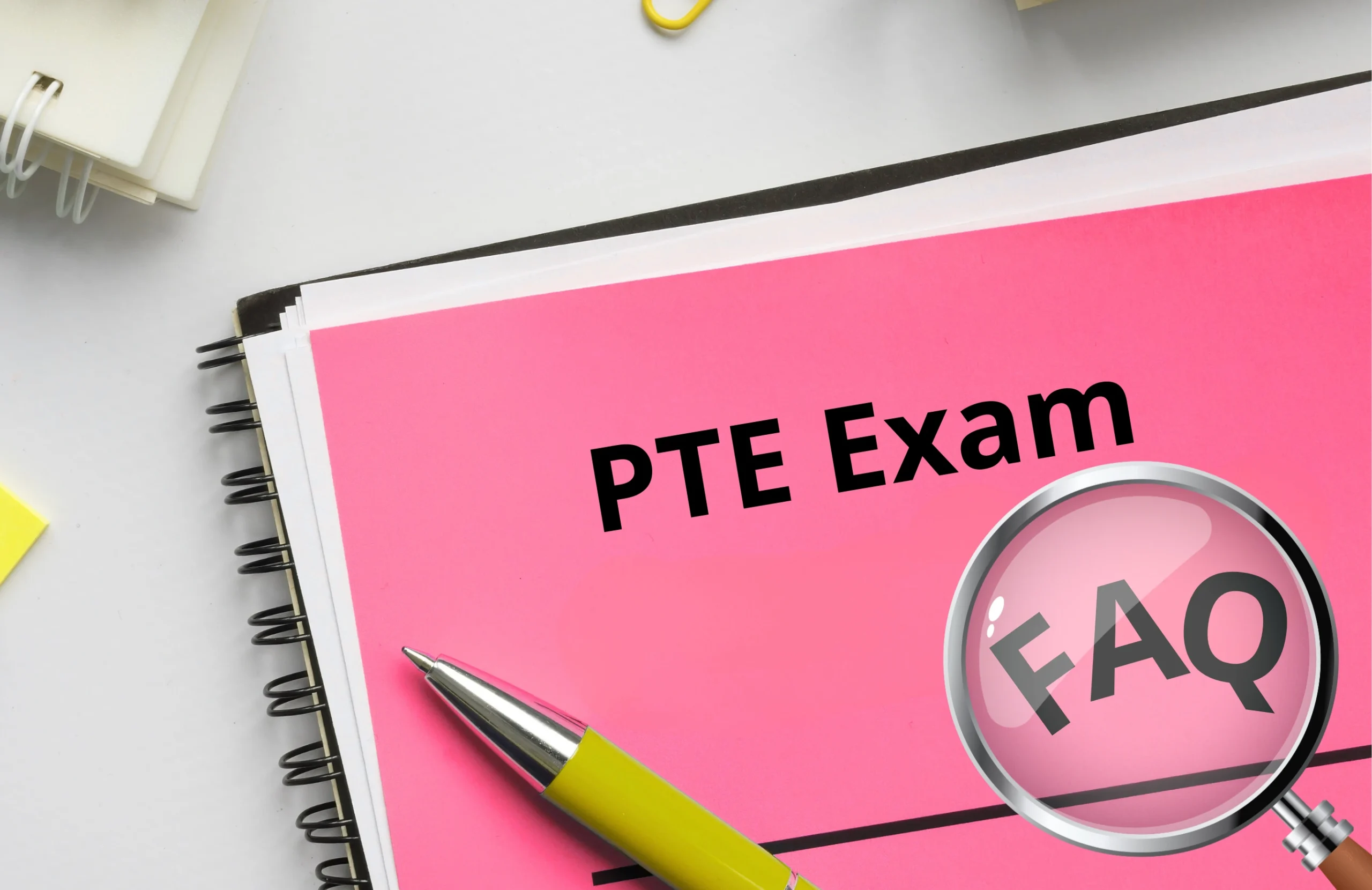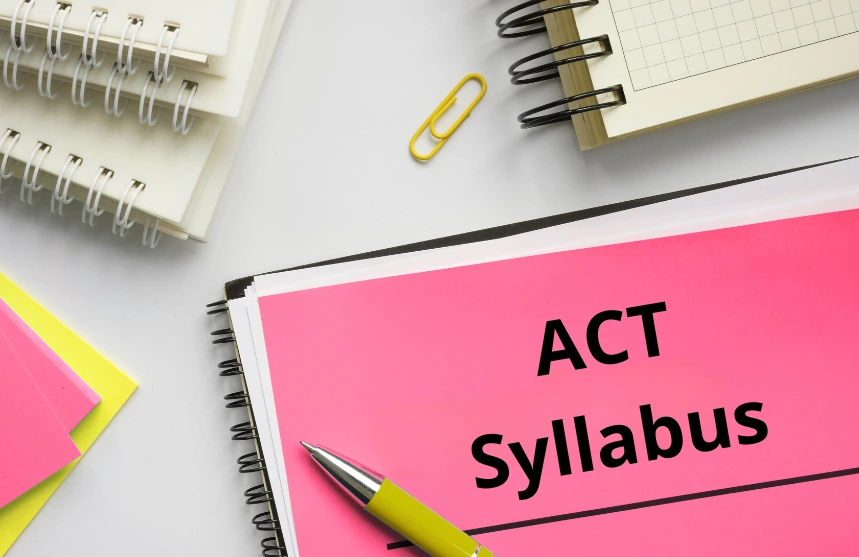PTE Exam Explained- Complete Study Guide | MetaApply IE
Spain Student Visa: Your Ultimate Guide to Studying in Spain

Students choose Spain as a European study destination for its excellent educational institutions, vibrant culture, and affordable costs. Spanish universities offer world-class academic opportunities to international students pursuing undergraduate degrees, master’s qualifications, or language programme certifications. Understanding the student visa application process is a crucial first step before preparing your travel documents.
This comprehensive guide offers essential information on obtaining a Spain Student Visa from India, including a breakdown of total visa expenses. It explains who requires a visa, the types available, the necessary documentation, common reasons for rejection, and tips for a successful application. Whether you’re applying for a short-term language course or long-term university enrolment, this guide serves as your go-to resource for understanding Spain’s student visa requirements.
Why Choose Spain for Higher Education?
Spain attracts international tourists while simultaneously operating as one of the excellent worldwide educational centres. Home to a lot of reputed universities make Spain a preferred study location for international students.
Studying in Spain means:
- Students at Spanish universities can study a wide range of subjects that extend from engineering to arts and historical studies.
- The educational expenses in Spain remain budget-friendly when compared to other European nations.
- Spanish culture and its colourful festivals wait to be discovered by students during their educational stay.
- International students can take part-time jobs while pursuing their studies in Spain.
Who Needs a Spanish Student Visa?
International students who hail from non-EU/EEA and Switzerland nations must acquire a Spanish visa to undertake their studies. Students who are American citizens need to Study in Spain for more than 90 days with their student visa because Spanish authorities require them for extended stays. Students who will live in Spain to study for under 90 days do not need to get a Spanish student visa according to the immigration regulations. Student visas are compulsory for Spain when non-EU/EEA and Swiss students seeking to study or research within the country.
Students who are from EU/EEA countries, together with those from Switzerland, require Spanish residence cards as they do not need student visas to study in Spain. The process to study at Spanish educational institutions includes obtaining a Spanish student visa for non-EU/EEA individuals who show proof of enough financial resources or health insurance benefits. There are three student visa options available for students who wish to attend Spanish Universities.
Who Can Apply for a Spanish Student Visa?
International students who stay in Spain for more than 90 days for training, voluntary work, or internships must obtain a Spanish student visa. The country’s immigration system also permits language assistants and au pairs to reside in Spain under student visa provisions.
This section outlines the eligibility criteria for Indian students applying for a Spanish student visa, depending on their specific circumstances. According to the official websites of the Ministry of Foreign Affairs, European Union and Cooperation, and the Government of Spain, students must obtain a study visa for participation in any of the following activities:
- The requirement for a Spain Study Visa exists for Indian students enrolled in accredited full-time education that exceeds a weekly commitment of 20 hours towards earning a degree, diploma or certificate.
- Students who participate in advanced academic studies at the doctoral level or conduct training activities
- Students from outside the EU who wish to study at international secondary educational facilities must join exchange programs approved by an accredited school or science institution.
- Individuals who wish to participate in Internships and traineeships at public or private organisations without internship visa eligibility.
- The “Au pair” programmes and volunteer services targeting the general public’s interests can also receive authorisation.
- Teaching assistants (auxiliaries de conversación)
Types of Spanish Student Visa
The Spanish government provides diverse visa options for foreign students who want to study in Spain. International students must obtain either a short-term or a Schengen visa, depending on their country and their academic term length.
The student visa types available in Spain include:
Schengen Student Visa (Less Than 3 Months)
International students must apply for a Schengen Student Visa at embassies when their education programmes have durations of less than 90 days.
Short-Term Student Visa (3-6 Months)
The short-term student visa known as the 180-day D-type visa permits students to study programmes that extend between 3 and 6 months. Student visas have an easy application procedure and provide limited possibilities for extension.
Long-Term Student Visa (Over 6 Months)
Students can take courses spanning longer than six months in Spain through the Spanish long-term student visa. When studying a program at either undergraduate or postgraduate levels you can live in Spain while your studies continue.
How to Get a Student Visa for Spain?
Our discussion in this part focuses on the process of obtaining Spanish student Visas from India.
Step 1: Each Spain study visa application needs direct submission by either the applicant themselves or their parent or guardian for minor students. A duly accredited representative can additionally serve as an alternative to handling your application.
Step 2: Applicants must contact the relevant Consular Office, which serves as the official visa authority for cities with Spanish consulates. The Consular Office has authorised specific visa agents to assist candidates with their applications. The Consulate General of Spain in India requires all applicants to submit their documents through its approved network of visa agents. Individuals should book an appointment with their nearest Consular Office.
Step 3: The Consular Office grants the applicant proof of application acceptance, including a verification code that allows them to track their dossier status through the official website.
Step 4: The Consular Office occasionally requires candidates to supply missing documentation and additional information needed to make a decision on their Student Visa application for Spain. After submitting their application the applicant might be requested to attend an in-person interview.
Step 5: The applicant or their legal representative (minors) must visit in person to collect their Spain Study Visa, which remains valid for up to two months after receiving the favourable notice.
Spain Student Visa Requirements
The documentation required for a Spanish study visa depends on various factors, with the applicant’s country of origin being the most significant. To apply for a student visa in Spain, you must submit the following standard documents, among others:
- Two duly completed application forms.
- Valid passport.
- Valid identification card (ID card).
- Two recent passport photographs.
- You need a letter of admission from your selected university to obtain a student visa for Spain.
- Proof of health insurance.
- Proof of sufficient funds.
- Bank account statement.
- Proof of financial aid/scholarship.
- When guardians support their child financially then they must submit a notarised letter for this purpose to Spanish authorities.
- Letter from university/school (assuming financial responsibility).
- Proof of fee payment.
- Medical certificate.
- Certificate of criminal record (at most three months old).
Important Instructions Regarding Document Submission
Your application stands better when you provide accurate documents.
- All documents derived from non-Spanish sources need authorised translation into Spanish before submission.
- Educational certificates, along with police clearance documents, require Apostille attestation since they need to undergo authentication before submission.
- Your financial documents need to demonstrate sufficient fund availability in the range of €600 up to €700 for monthly costs.
- Timely Application: Apply between 90 to 180 days before your course starts.
Spanish Student Visa Cost
Knowing the complete cost structure of the Spanish student visa plays an essential role when planning your study in Spain. Your expenses for student visa applications depend on three main factors including your chosen visa type and nationality and selected programme of study.
Short-Term Student Visa Cost (Less than 90 days)
- Students taking short courses along with language programmes that span fewer than 90 days must obtain a short-term student visa.
- Students need to pay between €60 to €160 for their short-term Spainish student visa.
- The visa application fee depends on your nationality, along with the fees set by Spanish consulates in your country.
- Students must consider additional fees which accompany expedited processing services and premium appointment times.
Long-Term Student Visa Cost (More than 90 days)
- The long-term student visa becomes mandatory for undergraduate students studying programmes longer than 90 days.
- The costs for Spain student visas that cover extended periods range between 100 and 400 euros.
- Nationals of certain countries need to pay extra fees when Spanish authorities process their residence permits after their arrival.
- Purchasing health Insurance for Students in Spain ranges from €500 to €800 each year depending on the chosen insurance company.
Tuition Fees at Public Universities in Spain
- Public university fees in Spain offer students moderate costs for their education compared to other European educational rates.
- EU/EEA students pay between €150 and €3,500 yearly for their bachelor’s degree studies at Spanish public universities.
- Bachelor’s degree students who are non-EU/EEA citizens or apply for Spain student visas from India must pay between €500 and €2,000 annually for their public education.
- The tuition expenses for master-level coursework for international students amount to €700 – €3,000 yearly.
Tuition Fees at Private Universities in Spain
- The educational expenses at Spanish private universities generally surpass those of public institutions.
- Private university bachelor’s degree education in Spain comes with a total cost ranging between €6,000 to €20,000 each academic year.
- Master’s education features elevated costs between €7,000 and €25,000 per year, but this amount varies based on the particular curriculum and accreditation status of the educational institution.
- Different costs, including registration and materials expenses, can be added to the tuition fees.
- The long-term student visa becomes mandatory for undergraduate students studying programmes longer than 90 days.
- The costs for Spain student visas that cover extended periods range between 100 and 400 euros.
- Nationals of certain countries need to pay extra fees when Spanish authorities process their residence permits after their arrival.
- Purchasing health Insurance for Students in Spain ranges from €500 to €800 each year depending on the chosen insurance company.
Tuition Fees at Public Universities in Spain
- Public university fees in Spain offer students moderate costs for their education compared to other European educational rates.
- EU/EEA students pay between €150 and €3,500 yearly for their bachelor’s degree studies at Spanish public universities.
- Bachelor’s degree students who are non-EU/EEA citizens or apply for Spain student visas from India must pay between €500 and €2,000 annually for their public education.
- The tuition expenses for master-level coursework for international students amount to €700 – €3,000 yearly.
Tuition Fees at Private Universities in Spain
- The educational expenses at Spanish private universities generally surpass those of public institutions.
- Private university bachelor’s degree education in Spain comes with a total cost ranging between €6,000 to €20,000 each academic year.
- Master’s education features elevated costs between €7,000 and €25,000 per year, but this amount varies based on the particular curriculum and accreditation status of the educational institution.
- Different costs, including registration and materials expenses, can be added to the tuition fees.
- The educational expenses at Spanish private universities generally surpass those of public institutions.
- Private university bachelor’s degree education in Spain comes with a total cost ranging between €6,000 to €20,000 each academic year.
- Master’s education features elevated costs between €7,000 and €25,000 per year, but this amount varies based on the particular curriculum and accreditation status of the educational institution.
- Different costs, including registration and materials expenses, can be added to the tuition fees.
Note: All prices mentioned are approximate values. Students should check official government websites or the respective university websites for exact figures.
Spain Study Visa – Refusals and Appeals
A Spain student visa runs as an individual examination separate from other visa processes. The candidate receives written notification about his Spain Student Visa application rejection, together with the specified reason or set of reasons why his visa application was denied. If they receive notification of study permit or visa refusal, applicants can ask through a request for reconsideration to the Consular Office starting from the following day of receiving the notification.
When is the right time to apply for your Spanish study visa?
The application for a Spanish student visa from India should be submitted no earlier than 90 days before your intended travel date, along with all required documents. Applicants are encouraged to begin the process early, as visa processing can take time, and applying in advance helps avoid last-minute issues.
From an Indian perspective, the Spain student visa processing time typically takes up to one month from the day after the application is submitted. However, this duration may be extended if the visa officer requests an interview or additional documentation.
Does the Spanish student visa application process lead to automatic rejection?
An application for a student visa to Spain can lead to rejection in some specific instances.
- Applying for a student visa requires care because you must present every needed document and prove your eligibility through financial resources, alongside health insurance.
- Several conditions lead to the Spanish authorities rejecting your student visa application.
- Lack of financial support.
- Incorrect documentation (or missing documents).
- Not giving appropriate responses to the consular officer when he asks questions.
- Authenticity doubts exist among Spanish authorities regarding visa applicants’ genuine motives.
A Spanish student visa rejection does not necessarily predict future visa rejection status. Succeed in your student visa application by providing all necessary paperwork along with interview preparation and a straightforward declaration about your educational plans in Spain.
Conclusion
Obtaining a student visa in Spain serves as your key to achieve study experiences in foreign countries. Students who approach visa applications with proper planning along with timely document preparation and professional guidance will find success in their efforts.
The Spanish journey provides academic as well as cultural and personal enrichment opportunities to international students. The visa application process becomes achievable for Spain student visas to any nation when you follow the checklist together with preparedness which leads to your confident Spanish learning journey.
MetaApply IE is your expert partner, providing the student visa and study abroad services you need.
Frequently Asked Questions
The student visa Spain application process takes between 4 to 8 weeks while prospective students should start their applications three months prior.
A student visa in Spain functions throughout all academic years of your program while requiring annual renewals of your TIE card.
Spanish immigration requires evidence that you possess €600 to €700 in monthly funds for basic costs besides tuition fees.


















































